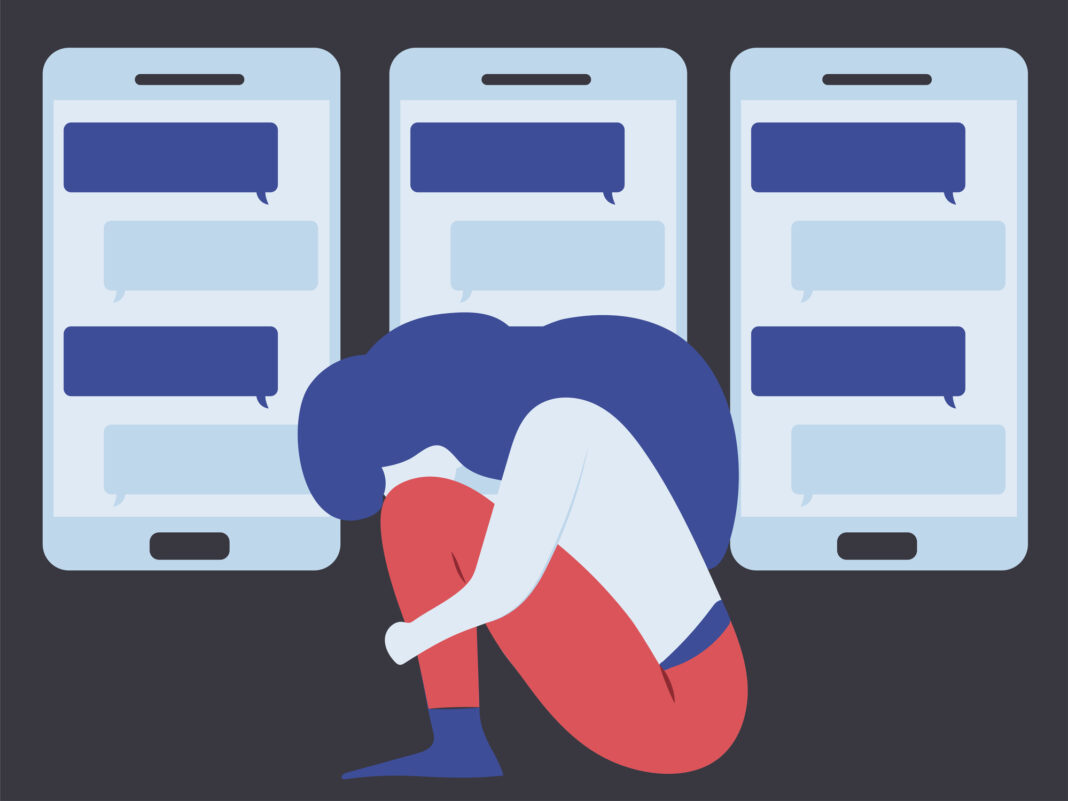How are we coping in New Jersey as the pandemic continues? It’s September, and COVID-19 cases are on the rise just as schools are reopening, work schedules are being renegotiated and that doesn’t even address the national and international concerns and crises. This is not an easy year for anyone as we continue living through uncertain and scary times.
September is also National Suicide Prevention Month. Its goal is to bring awareness that suicide is largely preventable when people seek and receive help. Many of us know the risk factors and we know how to listen and support people contemplating suicide. We know the importance of hope. Fortunately, there is both hope and help through The National Suicide Prevention Lifeline, which provides free 24/7 telephone and internet chat services at 1-800-273-8255 and www.suicidepreventionlifeline.org.
CONTACT of Mercer County, NJ is also available to assist those in crisis or thinking about suicide. CONTACT is an accredited center of the National Suicide Prevention Lifeline and our highly-trained volunteers, many of whom are college students, respond to telephone and chats/texts.
As Executive Director of CONTACT for over 40 years, I have talked to hundreds of people who have contemplated suicide, and who sometimes carry these thoughts further by making plans or attempts. CONTACT’s powerful response to all of our callers is that we listen without judgment and we offer help, resources, and emergency response when needed.
My more recent concern pertains to cyberbullying, which particularly impacts children, youth, and isolated vulnerable adults. Fortunately, some individuals reach out for help to hotlines, crisis services, family members, and community resources. Others feel shame and sadness as they keep silent.
The Centers for Disease Control and Prevention’s document, “The Relationship Between Bullying and Suicide” (CDC.gov) states:
“It is correct to say that involvement in bullying, along with other risk factors, increases the chance that a young person will engage in suicide-related behaviors.”
Through my years of helpline conversations with victims of bullying, I am convinced of the strong power of emojis, particularly negative images, on the victims’ emotions and feelings of self-worth. Negative, hateful, undeserved emoji images sent by “friends” in chat rooms, group chats, and texts can and do bring vulnerable individuals to thoughts of suicide, and sometimes to attempts.
Why does a negative emoji have so much power, especially now for children and youth? It may be due in part to the pandemic’s forced isolation, increased free time due to online school, boredom, the desire to have a community of friends, lack of perspective, and the addictive behavior of incessantly monitoring cell phones and other devices. Other factors include parents and other adults discounting the feelings of those being bullied and offering easy answers.
When hearing that someone is being bullied by “friends” online, easy and seemingly logical approaches are tempting, but they usually don’t work. It doesn’t help the victim to point out that they wouldn’t be bullied online if they didn’t join the online conversation. And, stating that these “friends” are not their real friends doesn’t work either. It should be recognized that there is also an addictive quality to meeting “friends” online, even though the interactions may be harmful. Amid situations like COVID-19, where seeing friends in person can seem impossible, online “friends” are almost always available and ready to talk day or night.
How can we as the community of parents, real friends, and teachers help? We can listen with empathy and without interruption or criticism so that the person feels heard. Next, we can offer help and be available. Third, we can give the National Suicide Prevention Lifeline’s telephone number to those we know. And finally, we can build a sense of community and hope…especially now as the pandemic continues.
Eleanor K. Letcher, M.Ed., CSW is the Executive Director of CONTACT of Mercer County, NJ, and a Board Member of the International Council for Helplines. CONTACT of Mercer is a 501 (c) 3 non-profit organization with more information at www.contactofmercer.org.





